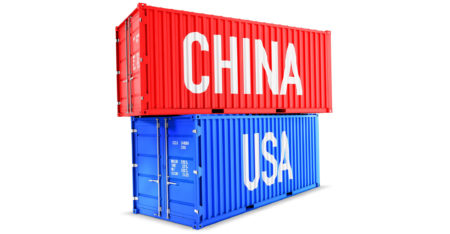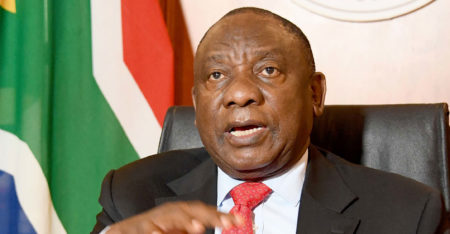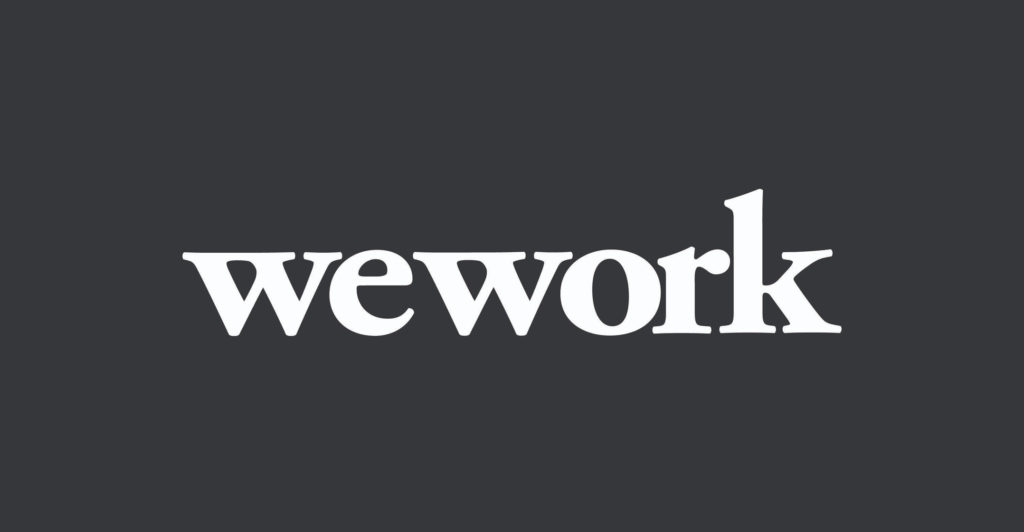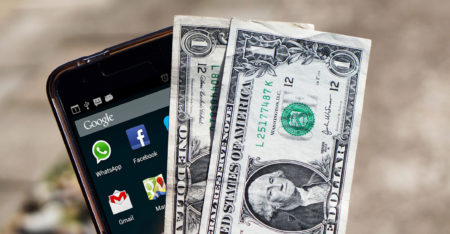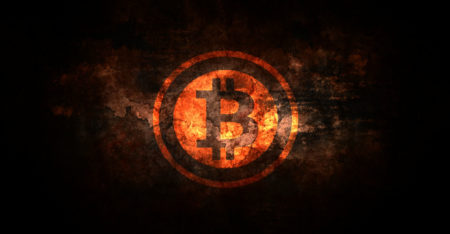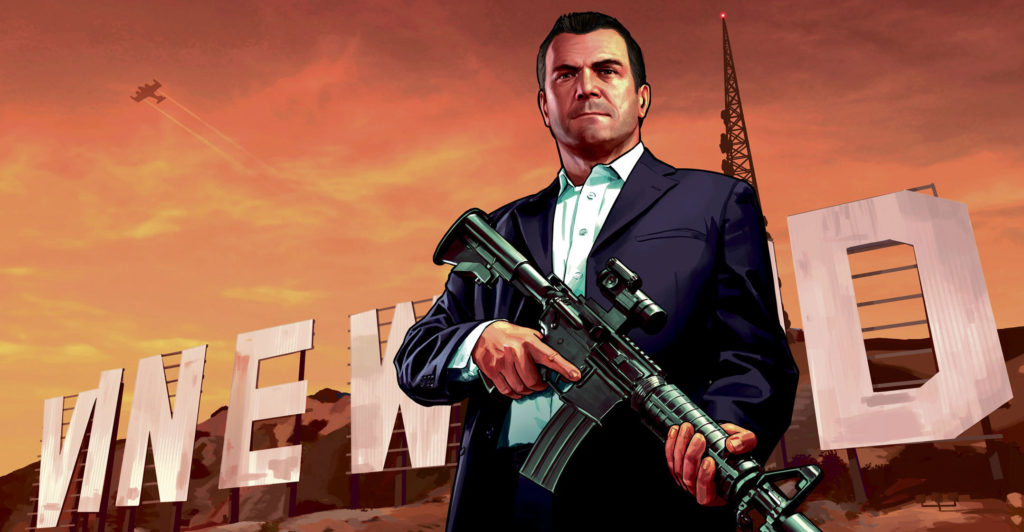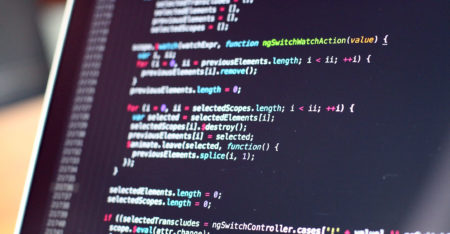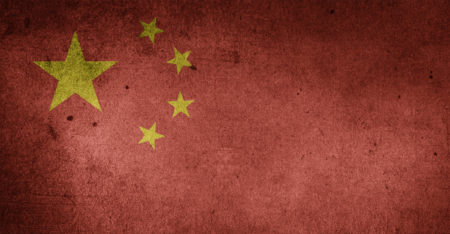The decades-old supply chain is starting to split in two: one beyond China’s borders that serves American concerns, and another within the world’s most populous country that caters to local consumers.
Browsing: In-depth
President Cyril Ramaphosa is hamstrung by politics and the economy is suffering the consequences.
WeWork may be the most magical creature in the last decade of richly valued “unicorn” start-ups that are attempting to bust up established industries. By Shira Ovide.
Mobile money is the fastest growing source of income for network operators such as MTN and Safaricom, outpacing data.
With worries about a currency war growing and bond yields collapsing, investors have reached for their usual haven of gold. Only this time it has a friend: bitcoin.
The growing compensation packages are a dramatic shift for a group of workers who were once confined to obscurity in the IT department, little more than an afterthought to senior management.
In the wake of the El Paso, Texas mass shooting on 3 August that left 22 dead and dozens injured, a familiar trope has re-emerged: often, when a young man is the shooter, people try to blame the tragedy on violent videogames.
South Africa is training a group of teachers to learn how to code and how to teach coding. The subject will be piloted at a thousand schools across five provinces, starting in the 2020 academic year. Can it work?
In the race for tech supremacy, China is betting it can seize the lead by building the world’s biggest 5G wireless networks.
A number of major recent innovations are making fragmented, geographically isolated systems of production more feasible.


